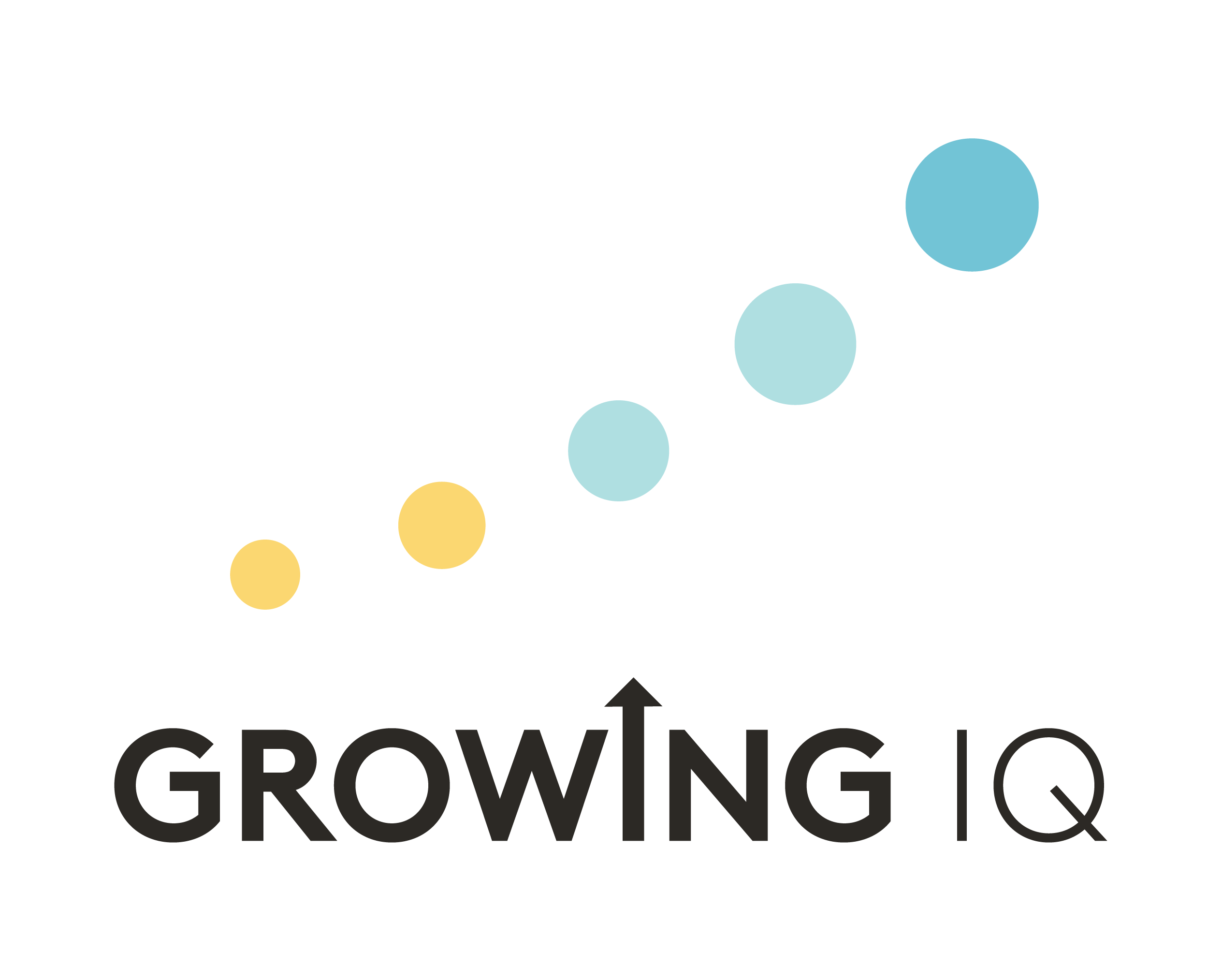It's All About Timing
- Eileen Horng
- Jul 11, 2022
- 3 min read
Updated: Oct 3, 2022
When it comes to children, all parents want to give their child a head start - to give them the upper hand to succeed. The trick is making sure that you have considered the right timing to not only foster skills but also confidence and passion, traits that will serve them well in the long run.

Even with the benefit of getting a “do over” with our third child who is 13 years younger than our first, one thing which still eludes me is how to get the timing right. By this I mean, when is the optimal time to start learning something new like how to play a musical instrument or a sport? On the one hand, starting as early as possible seems the best because your child gets a head start. It only stands to reason that if Child A starts learning how to play [insert instrument or sport here] at the age of 4, even if he progresses more slowly than Child B who starts at the age of 8, Child A will certainly still be more advanced than Child B by the age of 9, right? This is certainly the logic of most Asian parents I know.
Following this logic, we started piano lessons for my eldest when she was 4 years old. She progressed surprisingly quickly for about four years. I would argue that at the age of 4, she probably progressed as quickly if not more so than an 8 year old. Even though she lacked maturity and the ability to reach the piano pedals, it was quite easy to make her practice the piano at the age of 4. She enjoyed spending one-on-one time with me so practice time was a reward in and of itself - no candy or screen-time bribes necessary. And time practicing translated into progress which was also motivating - especially all the accolades she got at recitals for playing such advanced pieces at such a young age.
But then we hit the Wall - the dreaded point where your child (and yourself for that matter) has devoted a tremendous amount of time and effort to learn something but then wants to quit. The disappointment and frustration is often softened by calling it “taking a break” - but we all know that 9 times out of 10, it’s a break which never ends.
When I reflect back, I think this metaphorical wall had two parts. The first part of the Wall was that the reward of spending one-on-one time practicing piano with mom became less rewarding as my daughter grew older. She didn’t love me any less, but she did value spending time doing other things (for her it was reading books) more than sitting next to me on a piano bench. The second part of the Wall was that her lack of maturity due to her young age eventually caught up to her. She was able to play technically advanced pieces, but she just couldn’t master the dynamics or “playing with feeling.” Good music is more than just correct notes and rhythm; it involves expressing emotions through your playing. It is very difficult to express emotions through music at the age of 8 as emotions at that age are simply not very subtle or complex.
"So when is the best time to learn something new to avoid hitting the Wall and instead enjoy a lifetime of learning...?"
So when is the best time to learn something new to avoid hitting the Wall and instead enjoy a lifetime of learning and playing that instrument or sport? And therein lies my timing dilemma. On the one hand, it was wonderful that my daughter started playing the piano at a young age. We got a great four years of devoted practicing and tremendous progress before hitting the Wall. The first part of the Wall would have come a lot sooner had we waited until she was 7 or 8 to start piano lessons. On the other hand, if she had started later, would she have been able to push through that first part of the Wall because the second part was not an issue? If she had started at the age of 8, would she have reached the part of her learning progression where she needed to start “playing with feeling” right as she became a teenager when feeling and emotions are larger than life?




Comments